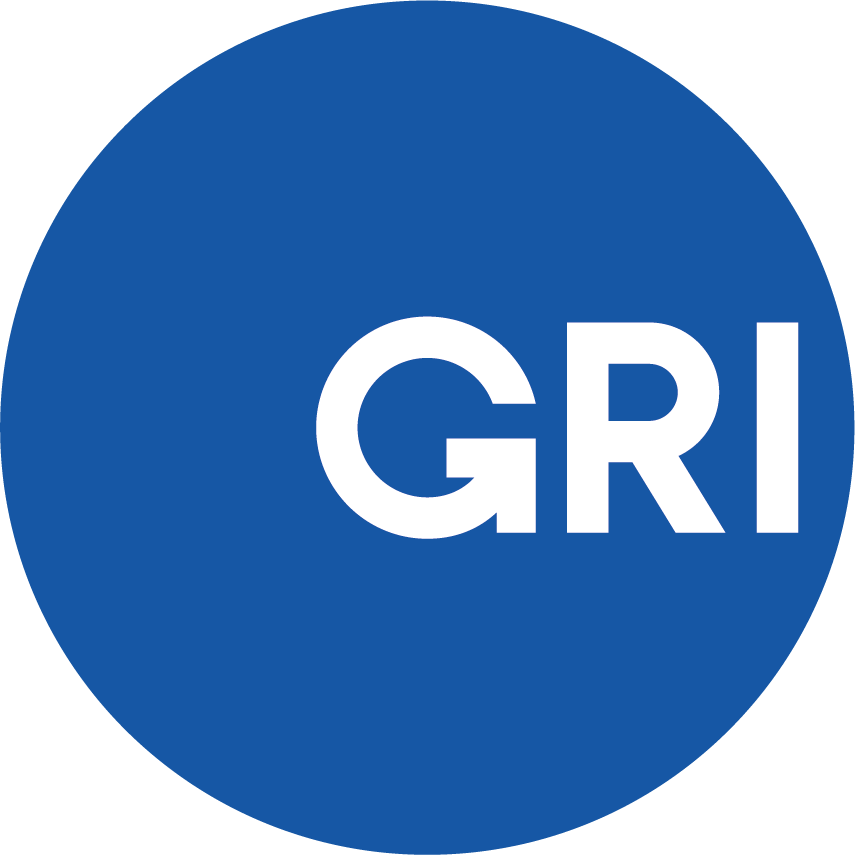GRI Leads Transformative Discussion on Sustainability in the Agriculture, Aquaculture, and Fishing Sectors at GreenBiz'24
GRI made a significant impact at GreenBiz'24 with its thought-provoking workshop on sustainability in the agriculture, aquaculture, and fishing sectors. The event, which included a dynamic panel discussion moderated by Forum for the Future, provided a platform for experts from Tyson Foods, General Mills, BSR, AgroAmerica, and the Accountability Framework initiative (Afi), to delve into the critical role of sustainability reporting in addressing the challenges faced by these sectors.
Agriculture, aquaculture, and fishing play pivotal roles in global food security and economic development, employing over 2.5 billion people worldwide. However, these sectors can also cause significant issues, including biodiversity loss, all the while contributing to climate change and exploitive labor practices. Recognizing the multifaceted impact of agriculture, aquaculture, and fishing activities, GRI has been at the forefront of developing comprehensive sustainability reporting standards tailored specifically for these industries. The GRI 13 Sector Standard on Agriculture, Aquaculture, and Fishing, in effect for reporting as of January 1st 2024, stands as a groundbreaking standard, setting clear expectations for organizations to disclose their shared and distinct impacts within the sectors.
During the workshop, Andres Machado, Standards Relations at GRI North America, emphasized the interconnectedness of agriculture, aquaculture, and fishing production with biodiversity, soils, and ecosystems. Machado highlighted that implementing sustainable practices across these sectors is essential for ensuring food security and promoting global development.
Reflecting on the benefits of GRI 13 Sector Standard, Javier Aguirre, Chief Sustainability Officer at Agroamerica, emphasized its transparency and commitment to sustainable production. “Tools such as GRI 13 offer immense benefits. Our commitment extends beyond mere responsibility; we strive for transparency, aiming to contribute to sustainable production efforts," he remarked.
Dr. Sally Uren, CEO of Forum for the Future, delivered impactful closing remarks, encapsulating the essence of the discussion in one word: DATA. Emphasizing the principles of effective reporting, she underscored the critical importance of data, alignment, trust, and accountability in driving meaningful change within sustainability practices.
The event provided a unique platform for industry stakeholders to engage in meaningful discussions, explore challenges, and learn about the latest developments in sustainability reporting, including the launch of GRI 101: Biodiversity Standard 2024 and revisions to Energy and Climate Change Standards.
The workshop yielded pivotal insights into sustainable practices within agriculture, aquaculture, and fishing sectors, culminating in the following key points:
- Urgency of sustainability in Agriculture, Aquaculture, and Fishing: the event highlighted the critical importance of addressing sustainability challenges in the sectors, considering their significant impact on food security, biodiversity, and livelihoods.
- Collaboration and partnership opportunities: panelists highlighted opportunities for collaboration, emphasizing that no single company can address sustainability challenges alone. Collaboration among stakeholders and leveraging of multiple standards and frameworks are crucial for driving progress.
- Accountability and trust: participants underscored the importance of building trust within the value chain and among stakeholders in order to foster sustainable practices.

